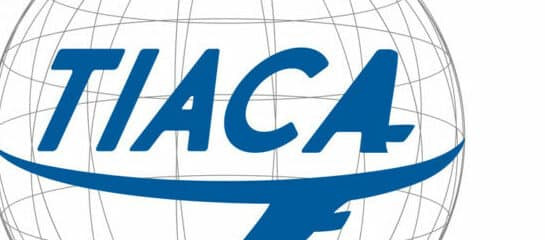With this year’s survey, TIACA says it aims to measure the progress the air cargo community has made in its journey towards a sustainable industry within the last year.
Consistent with the first edition TIACA looks to receive responses from the entire air cargo industry: shippers and consignees, forwarders, airlines, airports, ground handlers, manufacturers, IT solution providers; regardless of size or geographic location.
The results will be aggregated and presented to the industry and will drive the association’s sustainability initiatives.
The results and recommendations of the first air cargo sustainability survey were published in the first Air Cargo Sustainability Report and will be the benchmark to measure year-on-year progression of the air cargo industry’s sustainability activities.
“I am glad to see so much focus on sustainability and climate in the news lately. The need for making changes towards a sustainable future has reached a fever pitch and we as an industry must rise up and lead the efforts to make not just our industry sustainable but also the world we will pass to our children. This annual survey is so important as it monitors the progress towards a sustainable air cargo industry,” Steven Polmans, TIACA chair.
The Annual Air Cargo Sustainability Survey was launched last year as part of TIACA’s sustainability programme that is aimed at uniting the air cargo industry towards a common vision, goals and action plan, drive and accelerate sustainability progress.
The sustainability programme is set to support our members and the air cargo industry in their necessary transformation to do good for the planet, the people and the business, through innovation and partnerships. This initiative supports our 3+2 vision: people, planet, prosperity + innovation & partnerships.
“The importance of understanding the progress of how our industry is progressing in its efforts to become more sustainable has never been more crucial as leaders from all over the world meet in Glasgow during the COP26 to address climate change. The world needs leaders from every industry to step up and do their part.” Glyn Hughes, director general.



